Vestibular Function Tests in Harley Street, London
Learn More Below About Vestibular Function Tests
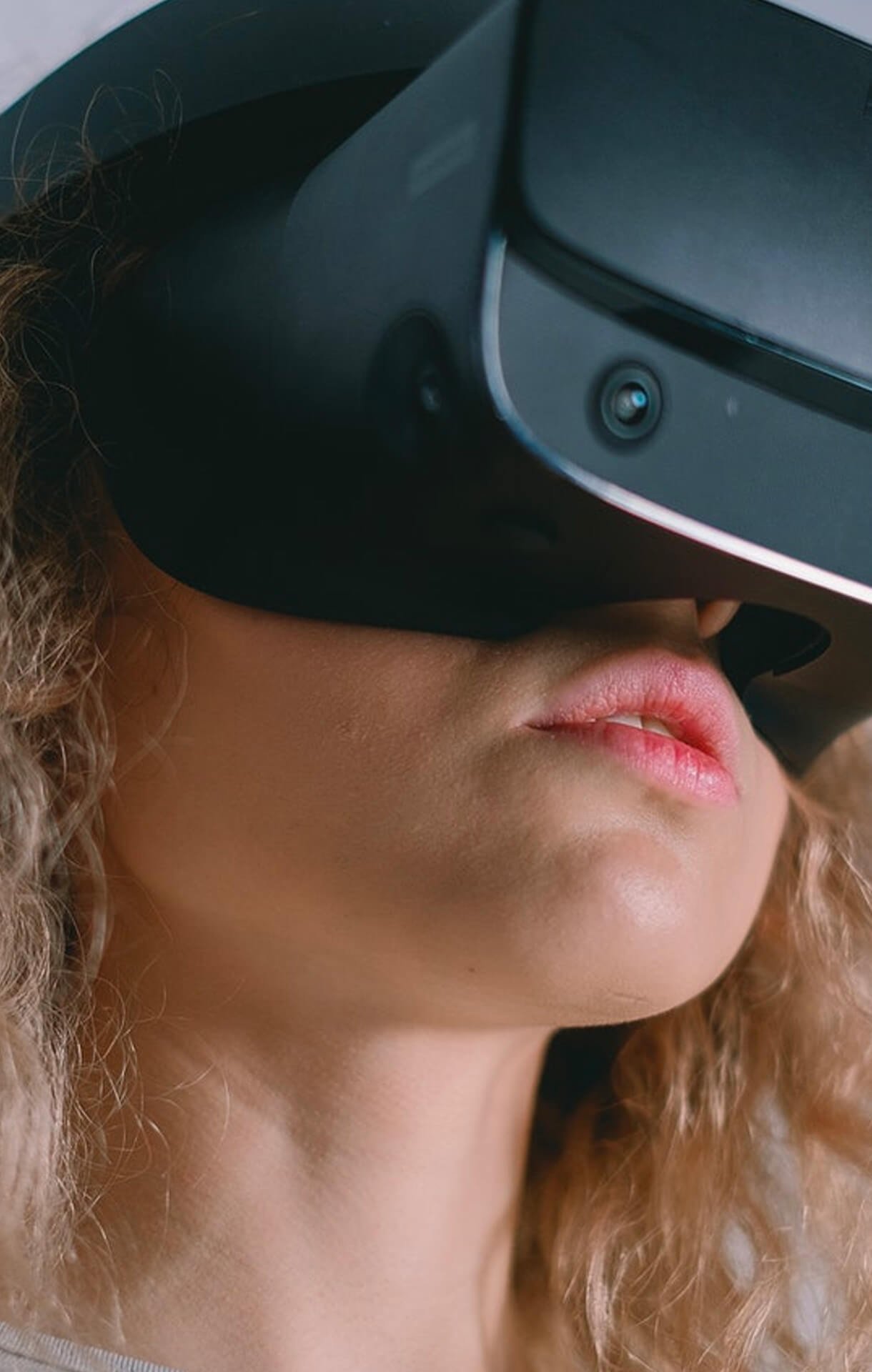
We Care
What Are Vestibular Function Tests?
Vestibular function tests are simple physiological tests that are performed in clinic. The tests are aimed at stimulating the inner ear balance organs and to measure their response in eye movements using video-goggles. There is no special preparation required aside from following the simple measures below. You will be able to go home the same day, usually immediately after the tests are completed. The tests are generally well tolerated, although on occasion can provoke mild nausea or headache.
The main purpose of these tests is to measure your inner ear balance organ function, to help to establish the possible cause of your balance / dizziness problems. Although there are a wide range of balance assessments available in our clinic, you may have all or just some of these tests. The purpose of the different tests is to assess different parts of your inner ear vestibular system.
Preparing For The Tests
1. It is important that you have your ears checked for wax at your GP surgery before your appointment. Some procedures cannot be carried out if you have excessive wax in your ears.
2. Avoid make-up, especially eye make-up. This may make it more difficult for our eye measurement systems to record your eye movement.
3. Avoid alcohol or sleeping tablets the night before the test, but preferably at least 24 hours before.
4. Please try to have a light meal or breakfast and normal drinks before the test if your appointment is in the morning. If it is the afternoon, please have a light lunch and normal drinks.
5. Stop – If you are on anti-dizziness medication already, stop taking the tablets for 48 hours prior to your appointment time. Examples include prochlorperazine, Stemetil, Buccastem, Serc, Betahistine or Sturgeron.


Video-Nystagmography (VNG)
This is a test of eye movements using infra-red video recording goggles. The tests will be carried out whilst you are sitting in a chair. Some of the tests are carried out in the dark. It is a measure of your brain’s ability to track targets accurately and smoothly. These functions can be impaired in dizziness and vertigo secondary to stroke. It can also reveal nystagmus arising from the inner ears. It involves following a target just with your eyes to observe for nystagmus. It should take around 15 minutes.
Caloric Test
In this test each ear will be irrigated with warm and cool air in turn for up to 60 seconds. The air will be above or below the normal body temperature of 370C, i.e., at 440C (warm) or 300C (cool). This stimulus will cause the balance mechanism to react, resulting in eye movements, which we will record with video-goggles. This may be associated with a sensation of dizziness, which will last for no longer than five minutes. In total there will be four air irrigations with 5-minute breaks.
Vestibular Evoked Myogenic Potential (VEMP)
This test helps to assess part of the inner ear balance organ known as the otolith organs which detect gravity and linear acceleration. Three electrodes are attached: One on the forehead, another to the neck muscle, and the third on the collar bone. You will be asked to stay seated with your neck turned to one direction in a quiet room and listen to clicking sounds via headphones. The sound triggers the otolith organs provoking a response in your neck (the vestibulo-cervical reflex) which can be measured.
Video Head Impulse Test (vHIT)
This test involves measuring your ears and eyes’ ability to maintain fixation on a single point. The inner ears help to stabilise eye movements involuntarily. By moving your head quickly to either direction and measuring your eye movements, we are able to determine how well the inner ear balance organs are doing their job.
Positional Tests for BPPV:
In addition to our comprehensive vestibular function tests, we offer positional tests, including the Dix-Hallpike and horizontal roll tests, specifically designed to assess Benign Paroxysmal Positional Vertigo (BPPV). These tests aim to identify abnormal eye movements triggered by changes in head position, helping diagnose BPPV and determine the affected ear.
Dix-Hallpike Test:
This assesses vertigo provoked by specific head movements, aiding in the diagnosis of BPPV related to the posterior semicircular canal.
Horizontal Roll Test:
Evaluates eye movements during horizontal head movements, assisting in identifying lateral semicircular canal involvement in BPPV.
For individuals diagnosed with BPPV, we offer the Epley Maneuver, a highly effective therapeutic intervention. This maneuver involves a series of head and body movements to reposition displaced inner ear crystals, alleviating vertigo symptoms.
Our commitment to precise diagnostic methods, including these positional tests, ensures a thorough assessment of vestibular issues, allowing us to tailor effective treatments such as the Epley Maneuver for optimal patient care.
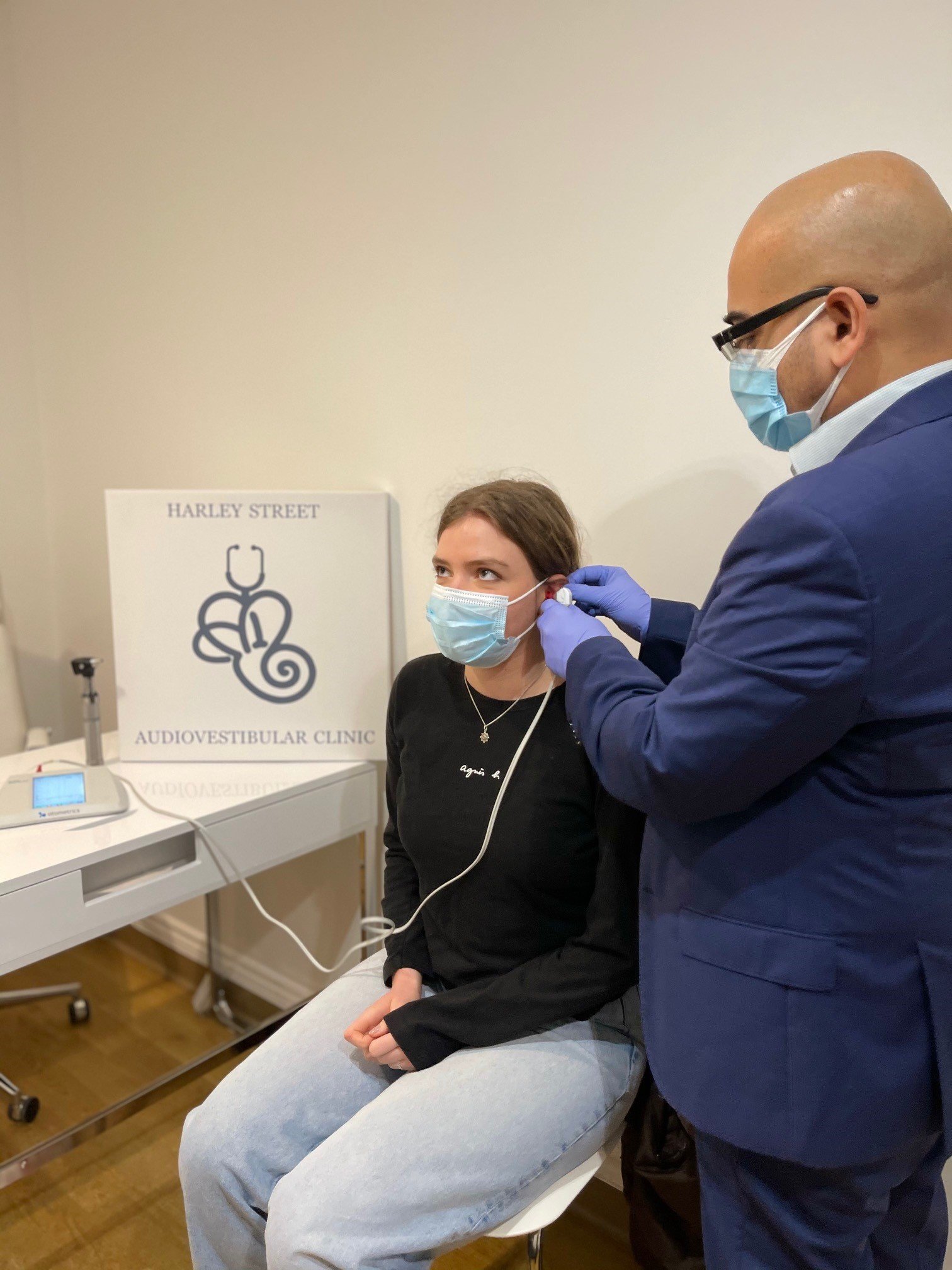
In the Spotlight
Highly Specialised Medical-Led Service
Harley Street Audiovestibular Clinic is a CQC regulated service, providing evidence based, high-quality, medical consultant physician-led service.
We offer consultation and clinical assessment, aided and supplemented by high-quality, state-of-the-art audiological and vestibular diagnostics, delivered by an expert team.
Features
What We Offer
Appointments Available Within 1-2 weeks.
Quality Care
Experience
Medical-Led Evidence Based Diagnosis and Management
Central London Location
High Quality Audio-Vestibular Testing
Testimonials
What People are Saying
Our Associations
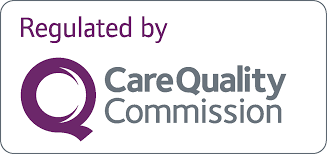

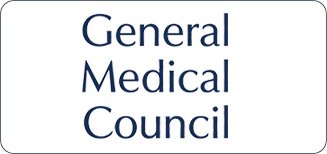
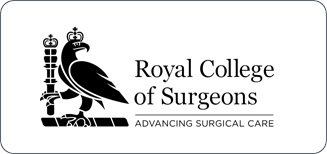
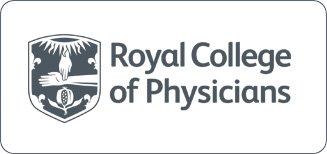
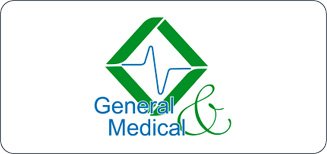

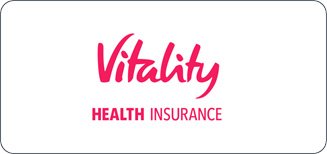

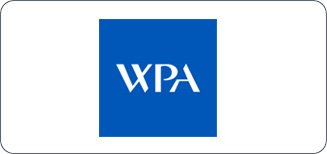


The Care Quality Commission (CQC) is a public body of the Department of Health and Social Care established to regulate and inspect health and social care services in England.
CQC registration is a marker for standards of care. It is a mandatory requirement of all organisations which provide vestibular care or diagnostics.
Harley Street Audiovestibular Clinic is fully registered and compliant with all the stringent CQC requirements, ensuring you care is in the best possible hands.








